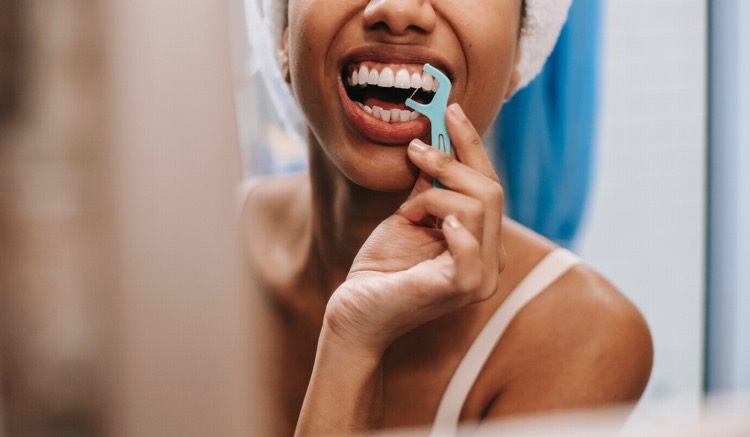
Dental hygiene is essential for humans because the mouth is one of the body’s most significant organs. Your mouth is connected to the digestive system, and houses your teeth, which are necessary for the first stage of digestion: chewing.
Many people are unaware of how to maintain their oral health, which can lead to issues such as bad breath, tooth decay, cavities, and other dental issues. These issues highlight the need for good dental hygiene since, as the saying goes, prevention is better than cure.
There’s a common misperception that keeping good dental health is costly. This is true in certain cases, but in most cases, you can get by without the expensive dental supplies or the expensive dentist appointments. This isn’t to imply that dental checkups at a clinic aren’t necessary; but, with basic, normal dental hygiene, they don’t have to be done as frequently unless you have a dental illness that necessitates frequent checkups.
Simple routines
Standard dental hygiene can be accomplished in a variety of ways. These strategies are not only cost-effective but also fail-safe.
1. Brush your teeth at least once a day using fluoride-containing toothpaste and a soft-bristled toothbrush. Fluoride aids in tooth cleaning, plaque removal, cavity prevention, and tooth protection. Fluoridated toothpaste should not be used on children under the age of six. A soft-bristled toothbrush also protects your teeth and gums from harm while cleaning them more thoroughly than a hard-bristled toothbrush. Hard-bristled toothbrushes are known to bleed gums and weaken teeth by scrubbing away the enamel layer. After brushing, rinse your mouth with mouthwash to remove any remaining impurities and keep your breath fresh.
2. Floss your teeth at least once a week, if not every day. Flossing helps to prevent plaque accumulation and removes any food particles that may have gotten caught between your teeth.
3. Use a tongue cleaner or the rough pads on the back of your toothbrush to scrub your tongue. This should be done after brushing your teeth every day. Scrubbing the tongue, which is normally pinkish in color, helps to retain a fresher breath.
Beyond cleaning
4. Reduce your alcohol and smoke consumption. The teeth are harmed by these substances. They cause tooth discoloration, enamel loss, and other dental problems.
5. Teeth whitening products that aren’t advised by a dentist should be avoided. Some of these products remove the enamel layer, which protects the other components of the teeth from external injury, making the teeth more sensitive. Using a whitening toothpaste or activated charcoal toothpaste is one approach to naturally whiten teeth. These are gentle-action ingredients that will safeguard your teeth while also making them whiter in the long run.
6. A dry mouth should be avoided at all costs. If you’re taking any medications that have this as a side effect, consider switching to something else. If no other options are available, make sure to stay hydrated to help keep your mouth fresh.
7. If you have diabetes, make sure to take good care of your teeth and overall health, as diabetes has a tendency to transmit dental problems, such as gum disease, into the oral cavity.
8. If you can’t afford regular dental visits, schedule one at least once a year for a general oral examination. This aids in the diagnosis of any underlying dental illnesses, and your dentist may also provide additional recommendations for maintaining good oral health.
You can always remain on top of your dental hygiene with these guidelines and avoid any illnesses or gastro-intestinal tract issues that are linked to poor oral hygiene. Furthermore, having a good dental routine also improves your confidence and helps you look/feel more attractive.

